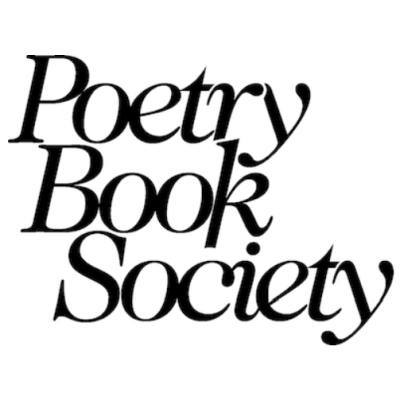The traumatic events and social turmoil of the last century permeated in the poetry of the time, which reflects people’s feelings and experiences. Italian 20th century poetry is no exception, revealing the strong connection between history, literature and people’s lives.
This week, we are highlighting the works of five great Italian poets who have left a mark in the European literary landscape: Saba, Ungaretti, Montale, Quasimodo and Scotellaro.
Umberto Saba was born (as Umberto Poli) in 1883 in Trieste, a cultural crossroad in the Austro-Hungarian empire at the time. His writing was shaped by his Middle-European and partly Jewish background. It is from the Hebrew term for “grandfather” that he draws his pseudonym Saba. His poems are joined in collections, among which his Canzoniere [Songbook] (firstly 1921) is one of the most well-known. History and Chronicle of the Songbook (Carcanet, 2011, translated by Stephen Sartarelli) gives an overview of Saba’s poems as he writes about the origin and significance of his verses.
Giuseppe Ungaretti was born in Alexandria in 1888 of Italian parents and was briefly educated in France, until he joined the Italian military in 1914. His literary work was influenced by his traumatic life experiences: fighting in the First World War, personal losses such as the death of his own son, and the outbreak of the Second World War. Carcanet published a selection of his touching poetry in 2003 (Selected Poems, translated by Andrew Frisardi), which includes Ungaretti’s poem 'Veglia' [Vigil], written in 1915 on the Karst front, which ends with his famous quote “I have never held so hard to life”.
Eugenio Montale, born in Genoa in 1896, was one of the greatest Italian poets of the 20th century, awarded the Nobel Prize for literature in 1975. Since his first collection, the famous and acclaimed Ossi di seppia [Cuttlefish bones] (1925), he explores in his writings il male di vivere [the evil of living] of his time. The recently published translation of Montale’s 1966 Xenia (ARC Publications, 2016, translated by Mario Petrucci, bilingual edition), titled after the Latin word for “votive gifts”, reveals the older poet, scarred by the death of his wife.Another great Italian poet is his contemporary Salvatore Quasimodo, born in Modica, Sicily, in 1901. Writer and also translator – of classics and also of Neruda – he was also awarded the Nobel Prize in 1959 for his lyric style. ARC Publications’ The Night Fountain (2008, translated by Marco Sonzogni and Gerald Dawe), introduced by the poet’s grandson Alessandro, brings to life the young, yet unseen, Quasimodo, presenting his early poems written between 1917 and 1920.
Last but not least, Smokestack Books presented to the English-speaking public the works of Rocco Scotellaro, born in Tricarico, near Matera, in 1923. His poems, which reflect, in an epic tone, the social problems of his land – the South of Italy – and its people, were published posthumously after his premature death in 1953. The collection Your Call Keeps Us Awake (Smokestack Books, 2013, translated by Allen Prowle and Caroline Maldonado) draws from the 1986 Italian publication of his complete works.
To keep up-to-date with the newest poetry in translation (including bilingual editions!) from around the world, why not become a Poetry Book Society translation member? Every quarter our expert poet selector George Szirtes chooses his favourite new poetry in translation book to deliver to our members alongside a full commentary in our Bulletin. A 25% discount on all of the books above is given to all our Translation members.
